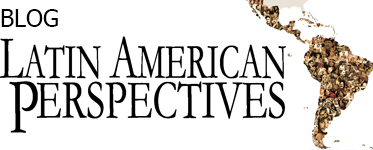The Boricua Summer: Keys from a Human Rights Perspective
by José Javier Colón Morera The Boricua summer1 of 2019 (as the series of popular demonstrations against the administration of the then-governor of Puerto Rico, Ricardo Rosselló Nevares, has been termed) was a complex social event with significant potential. Some of its features are specific to the social context of one of the world’s last colonies, a body politic that is still fighting for full decolonization and the expansion of its democracy in the face of an austerity agenda that has intensely affected the vulnerable sectors of the population (Colón Morera, 2016; Negrón-Muntaner, 2019; Rivera Ramos, 2019). In another sense, however, reflect a new anti-neoliberal activism that is common to very diverse contexts and significantly transnational (Bandy and Smith, 2004; Cotto Morales, in this issue; Díaz Lotero, 2019). The Boricua summer became part of an extensive process of citizen empowerment linked to the country’s struggle to escape the colonial entrapment of its current territorial Commonwealth’ arrangement (Colón Ríos, 2016; Fonseca, 2019; Negrón-Muntaner, 2019).2 For this reason, it demands further analysis and presents the enormous challenges of capturing a process in full motion.3 CONTINUE READING FULL ARTICLE HERE Posted by Latin American Perspectives at 12:40 PM No comments: Email ThisBlogThis!Share to TwitterShare to FacebookShare to Pinterest [...]



